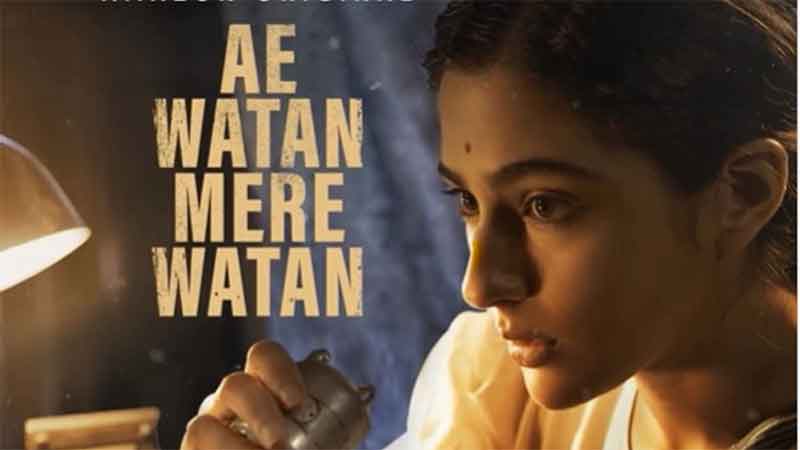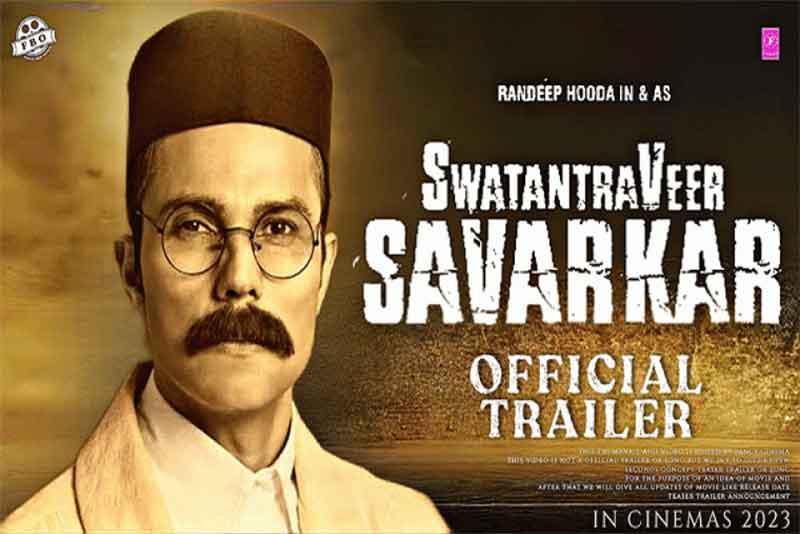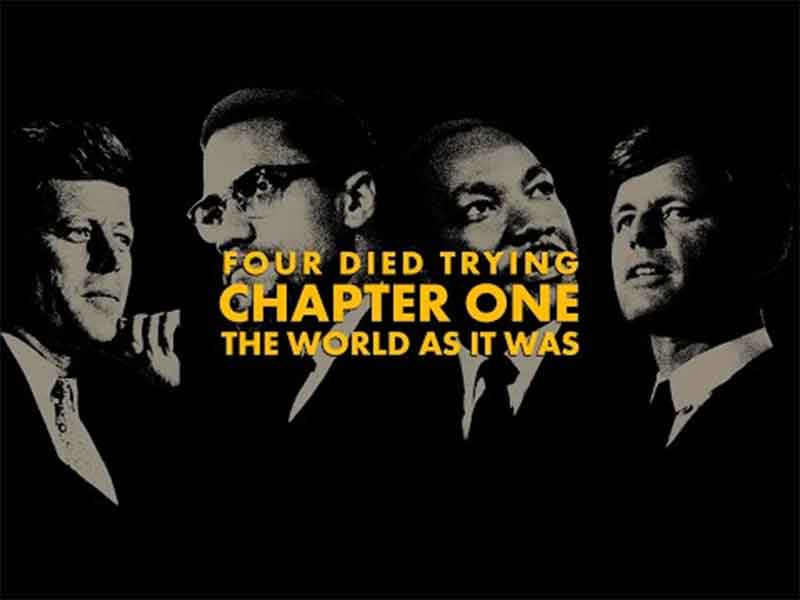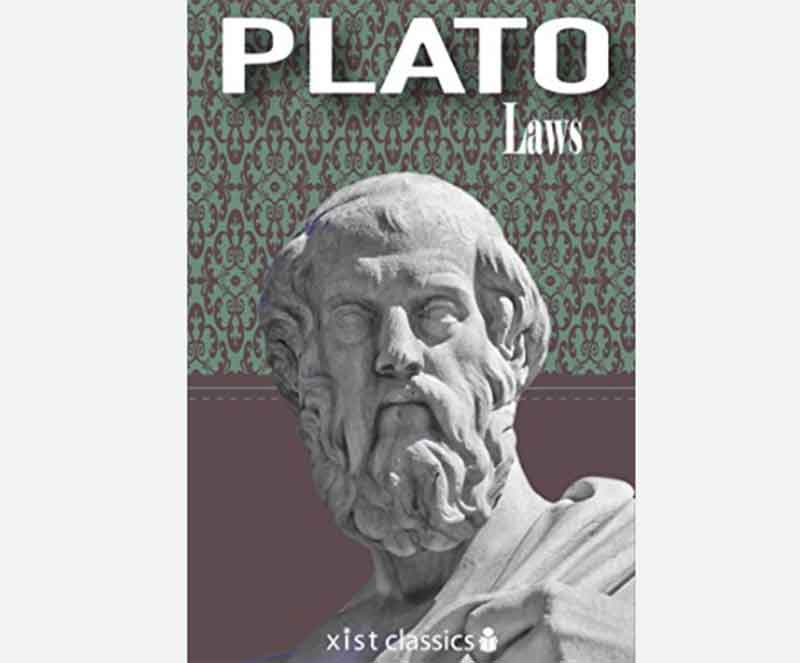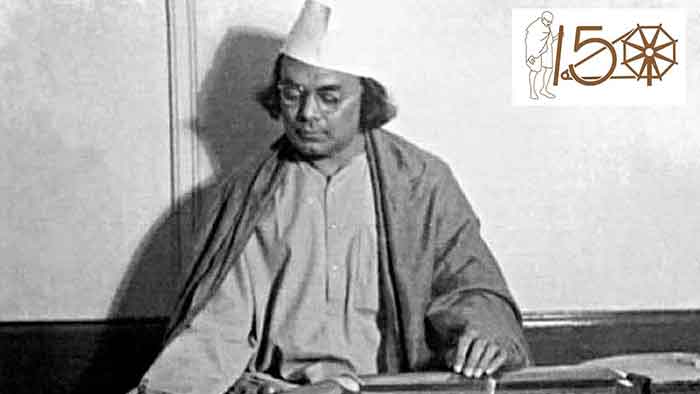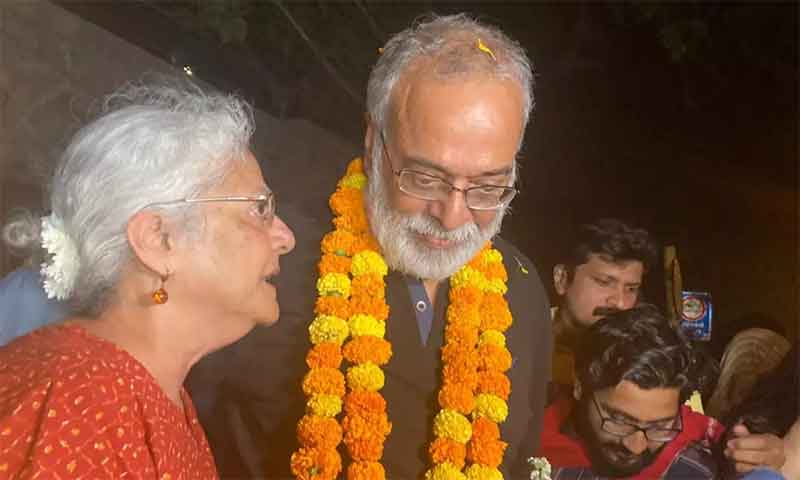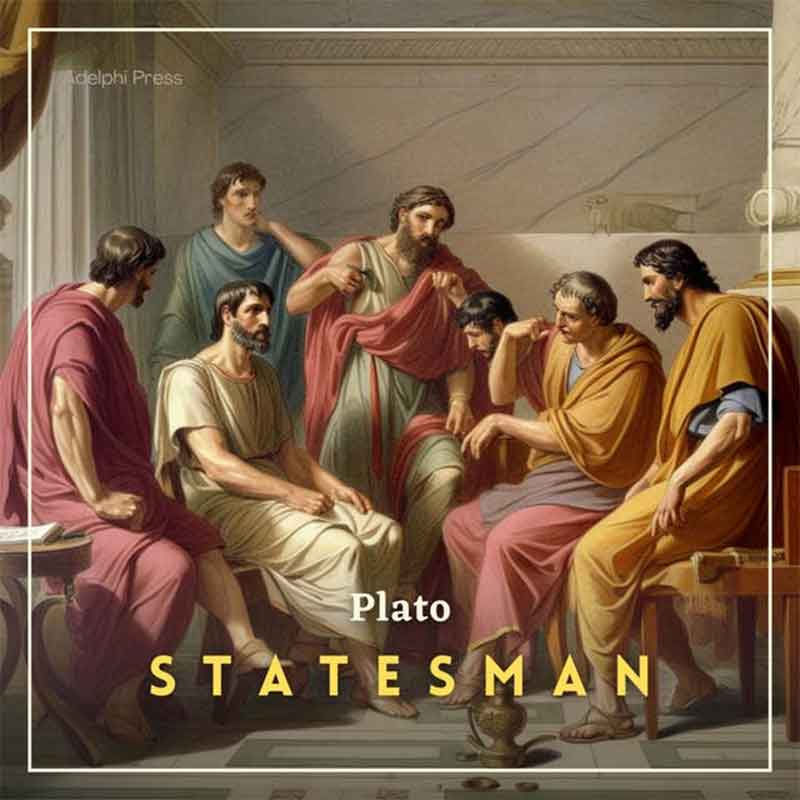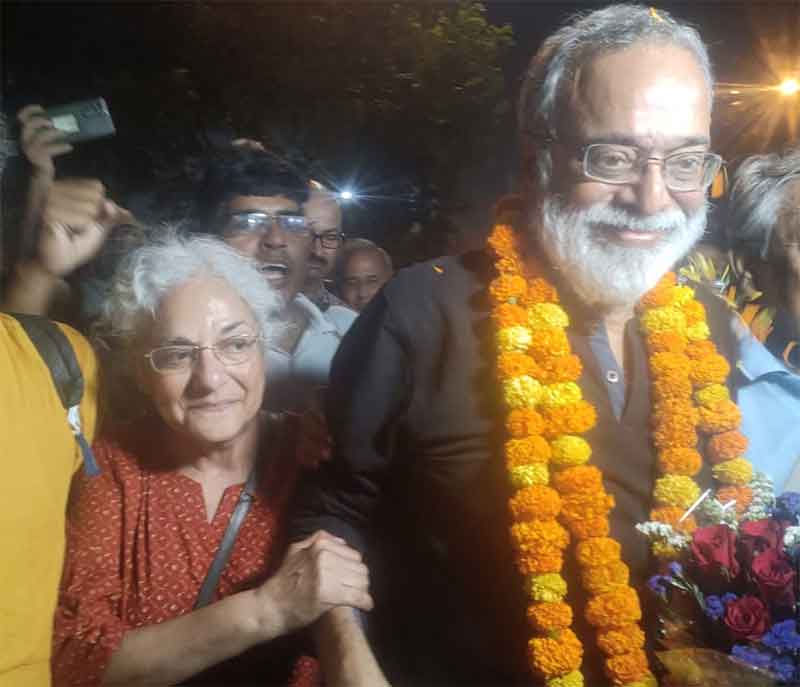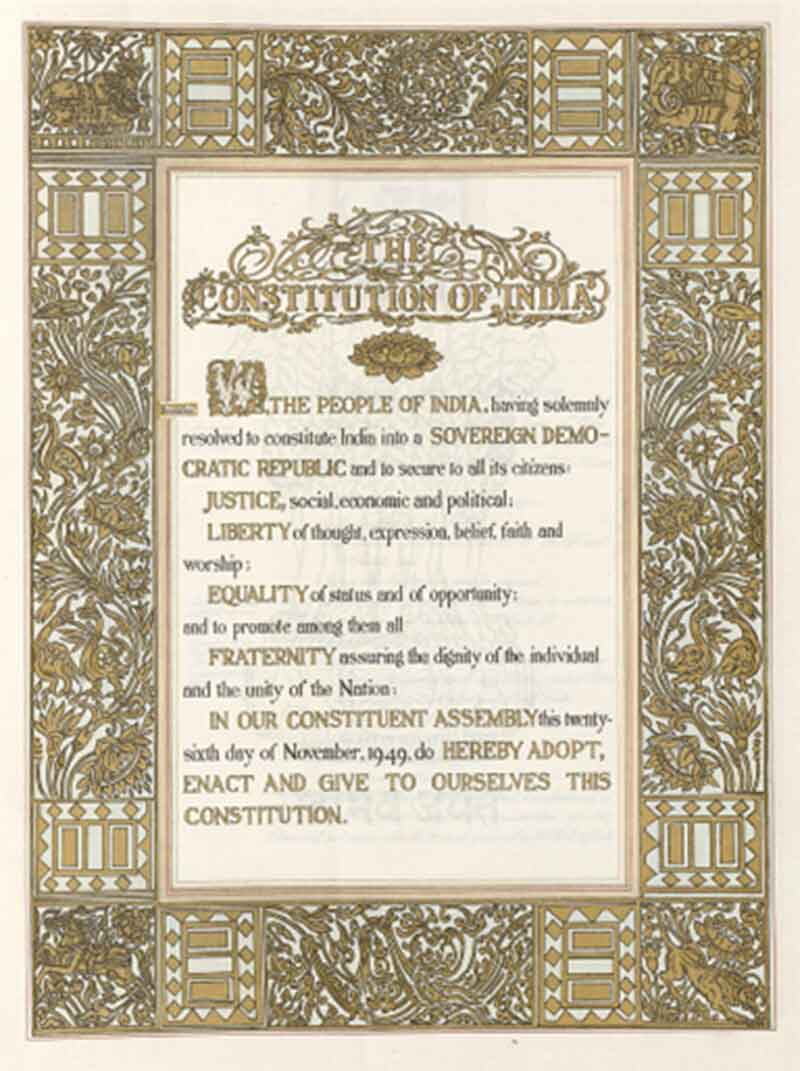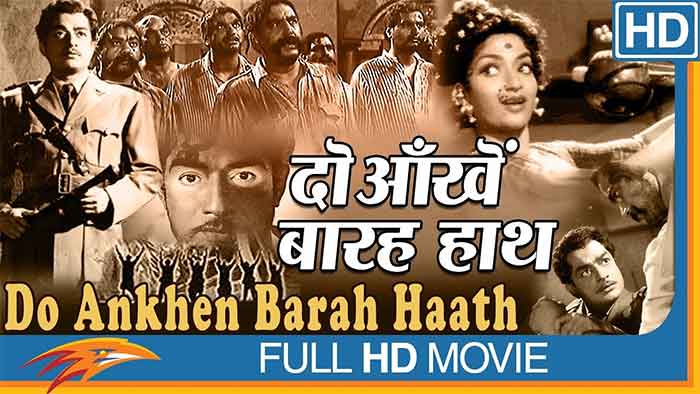
Hindi cinema is not exactly known for any consistent contribution to human rights. Nevertheless some outstanding films have been made from time to time which have proved to be of enduring value for advancing various aspects of human rights and civil liberties.
In V. Shantaram’s Do Ankhen Barah Hath the cause of jail reform is so important for an idealist jailer that he is willing to risk not just his career but even his life for this. The agony of women prisoners, many of them more a victim of adverse circumstances than actual criminals, could not have been captured more poignantly than in Bimal Roy’s Bandini. In this context two songs, written by Shailendra and composed by Sachin Dev Burman, can never be forgotten—Ab Ke Baras Bhej Bhaiya Ko Babul and O Panchi Pyare.
A basic aspect of human rights and civil liberties is that the innocent should not be punished and should get all opportunities to prove their innocence. This is well brought out in B. R. Chopra’s Kanoon and Ittefaq ( the later directed by Yash Chopra). This is all the more important in the context of capital punishment. In fact many human rights organizations have opposed the very idea of capital punishment. Apart from Kanoon, Gulzar’s Achanak is another film which makes a very strong statement against capital punishment. One wishes that this film should have received more attention than it actually received. Another film by Gulzar, Maachis, shows how torture of innocent persons can drive them towards terrorism and also makes a case for a more sympathetic consideration of prisoners accused of terrorism.
Govind Nihalini’s Hazar Chaurasi Ki Maa makes a similar plea for a more sympatheic understanding of Naxalite youth and the agony felt by their near and dear ones—in this case mother—in the middle of all the accusations. Some of the innocent, framed up accused may be so helpless that they cannot even speak. This is all the more true in highly exploitative conditions. Such harsh reality has been exposed in Nihalini’s Aakrosh. This is a film made to disturb audiences and it succeeds effectively in this. In Ardh Satya the same director takes us to the world of police corruption , close linkages of criminals with corrupt politicians and the criminalization of the power-structure. All these three films of Nihalini are very important for the human rights movement and activists.
The honest policeman can himself be framed if he persists in taking action against the politician-criminal nexus. This theme was taken up much before Aakrosh in a popular film which turned into a super-hit partly because of its catchy music. This film CID was produced by Guru Dutt and directed by Raj Khosla, music by OP Nayyar, Dev Anand in lead role and introduced Waheeda Rehman to Hindi cinema. Quite a combination!
In fact even some of the gangster films like Satya take up such issues but the use of excessive violence and sensationalism distracts from their purposefulness. Depiction of excessive violence after a while numbs senses and reduces the sensitivity of people, while the purpose should be to increase sensitivity of people.
Nihalini’s film Party exposes the growing lack of sensitivity of the elite to the struggles and sacrifices of activists working against exploitation in remote villages. The hypocrisy of the elites and their narrow concerns and thinking are effectively exposed.
The tragic condition and helplessness of innocent persons who by force of circumstances are framed falsely and imprisoned in a hostile country has been an area of concern for the human rights and civil liberties movements. This has been depicted with a lot of sensitivity in Yash Chopra’s Veer Zara, with very memorable acting by Shahrukh Khan in his role as a prisoner as a jail in Pakistan. To this film goes the credit of having a very important role of a woman human rights lawyer, very effectively portrayed by Rani Mukerjee.
When innocent persons have to be somehow implicated and removed, then apart from being sent to prison some of them are also sent to mental asylums. There are some powerful references to this inHindi films such as Guru Dutt’s Pyasa and , to a lesser extent, in Ittefaq.
Many films present a wider dimension of the human rights situation by depicting the everyday reality of the working of exploitative systems and the denial of basic rights for millions of people. In this context the portrayal of the uprooted peasant family turned into migrant worker in Bimal Roy’s Do Bigha Zamin can never be forgotten. The endless problems of a homeless man who is only trying to find some water to drink have been captured with great effect in Raj Kapoor’s remarkable film Jaagte Raho. The sufferings and predicaments of street children are well brought in the same film producer’s Boot Polish. Shyam Benegal depicts various aspects of exploitation in his famous trilogy of Ankur, Nishant and Manthan. The films of K.A. Abbas return to this subject time and again, most notably in Dharti Ke Lal and Shahar Aur Sapna. Chetan Anand’s Neecha Nagar is a very strong indictment of the injustice against slum-dwellers in matters relating to water and sanitation.
Thus it is clear that while taken as a whole the mainstream commercial Hindi cinema can be accused of being neglectful towards human rights issues, at the same time several of the more distinguished film makers have made films on various aspects of human rights and civil liberties which are of durable importance. Several of these films, or certain clips of these films, can be quite useful also in various trainings and educational programs on human rights.
Bharat Dogra is a journalist and author who has been close to several social movements and initiatives.
GET COUNTERCURRENTS DAILY NEWSLETTER STRAIGHT TO YOUR INBOX


